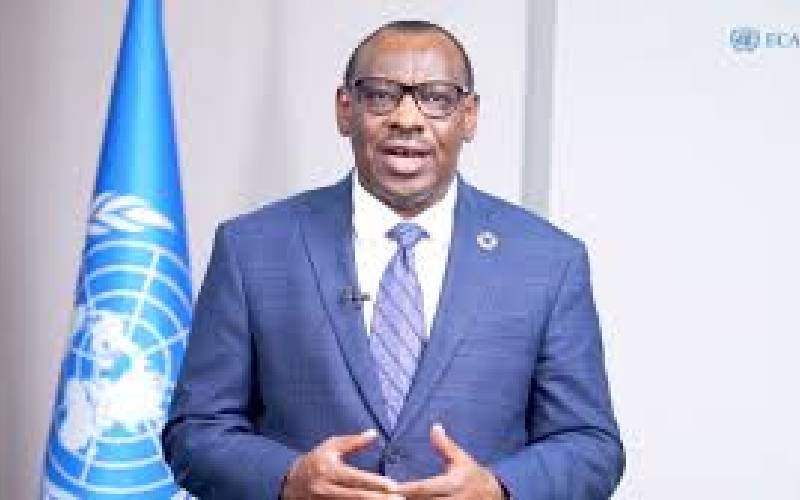×
The Standard e-Paper
Kenya’s Boldest Voice

The UN Economic Commission for Africa (ECA), has stressed the need to ensure that climate finance from both public and private sectors flows at the appropriate scale and pace to expedite sustainable development aligned with the Paris Agreement.
ECA Executive Secretary Claver Gatete said this will help developing countries like Kenya meet the Sustainable Development Goals (SDGs) without burdening their already stretched fiscal capacity.